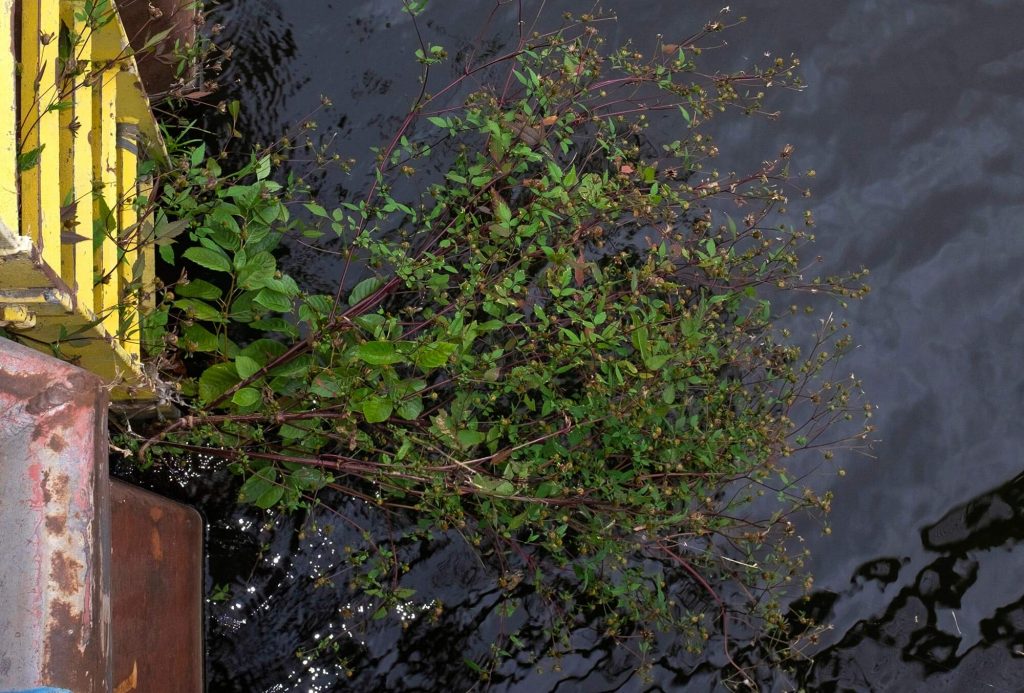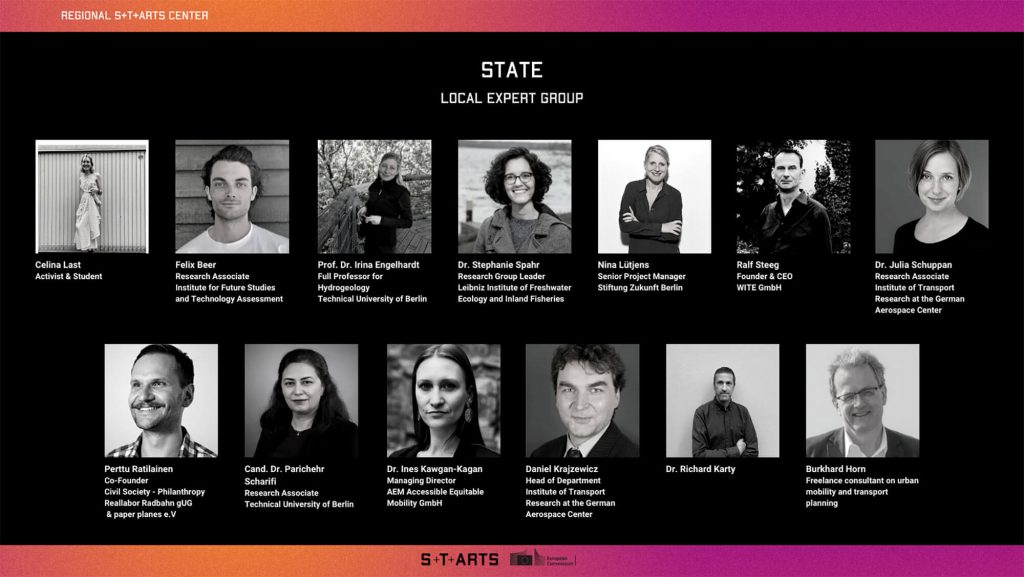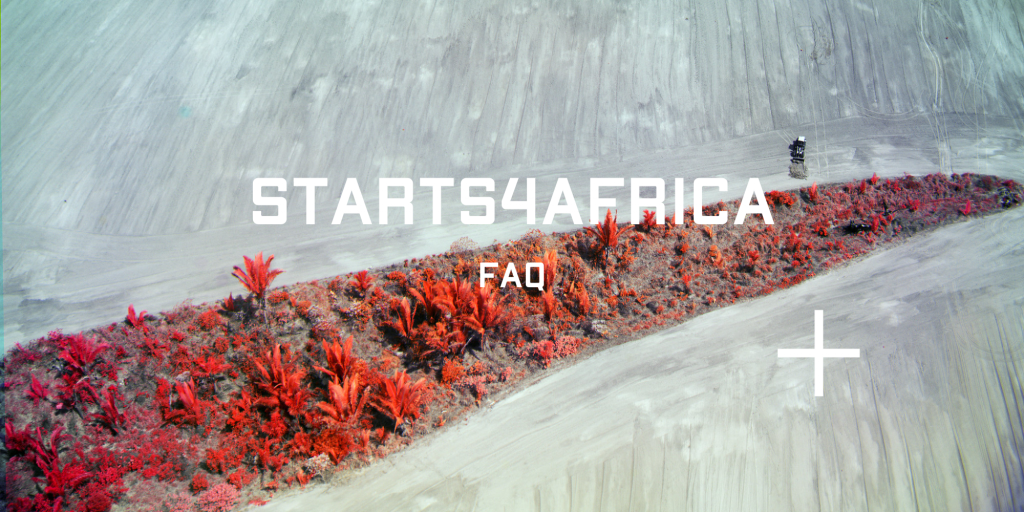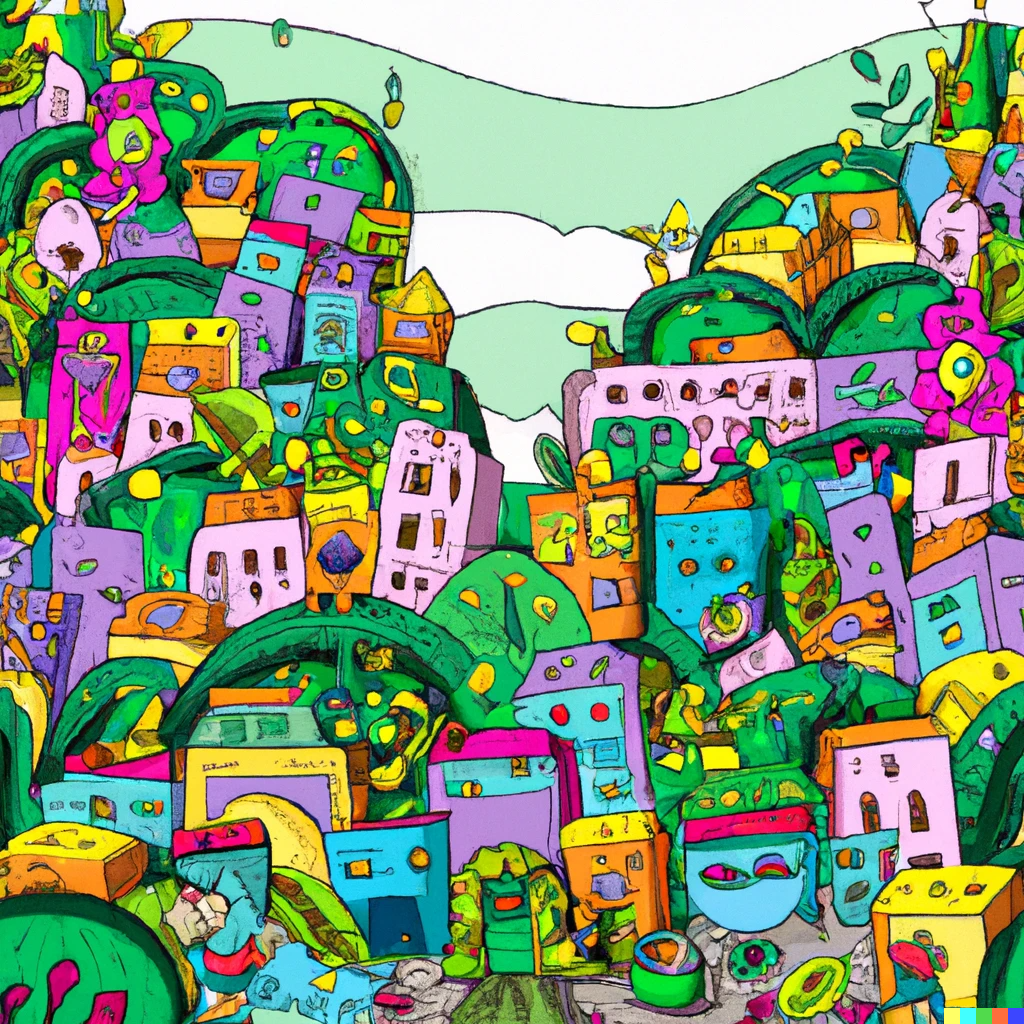S+T+ARTS Regional Centers | Repairing the Present
Flow of Berlin | Challenge nº11
How might we rethink our relationship to Berlin-Brandenburg’s water to maintain a livable and sustainable future for all human beings, animals and ecosystems?
Consortium Partner: STATE
EU Green Deal:GD7 Towards a zero-pollution ambition for a toxic-free environment
Problem Statement
The condition of Berlin’s water bodies is far from optimal and further threatened by multiple anthropogenic impacts and the accelerating climate crisis. This raises concerns and calls for radically new approaches to rethink our future relationship with Berlin’s most vital resource and connected ecosystems among competing political, economical, environmental and social interests.
Keywords
Water, Pollution, Climate resilience, Public participation, Awareness
Challenge Context
Berlin, the city of rivers and canals, forms together with the surrounding state of Brandenburg Europe’s largest network of inland waterways. But the condition of the water is concerning and the relationship of Berliner’s to the region’s water bodies remains somewhat ambivalent.
Our groundwater, rivers and lakes have multiple functions. They provide drinking water, feed animals and ecosystems, produce energy, create pathways for ships and refresh us in our recreation time.
However, the impact we have on Berlin’s water bodies is becoming more serious as the population grows and the use of freshwater increases. Wastewater from sewage treatment plants and pollutants from the air and agriculture are entering the groundwater, rivers and lakes. In addition, changing water temperatures have resulted in decreasing oxygen levels. A frightening fish, mussel and crayfish mortality, the degradation of biodiversity and the contamination of freshwater are just some of the consequences.
What prevents us from acting upon this? Are we lacking collective imaginaries that would help us believe that different is possible?
The European Green Deal calls for actions that guarantee a zero-pollution environment. The vitality and conservation of Berlin-Brandenburg’s water and a water-smart society is crucial for the future of the capital of Germany, for all its human beings, animals and water-related ecosystems.
This project takes on the challenge of re-examining the human and non-human interdependencies within the ecosystem of Berlin-Brandenburg’s water bodies in order to raise awareness for its current condition and invite citizens into collective speculation regarding the possibility of a future multispecies flourishing.
Fellowship Characteristics: network, opportunities, and expectations
The fellowship is organized as a mission-driven journey through the topic of water in the Berlin-Brandenburg area, in close exchange with a diverse group of local experts from all sectors. Through the local experts and connected partner institutions, the selected artist will get access to unique visiting sites such as Hobrechtsfelder Rieselfelder, historic drinking water plants built during the Art Nouveau epoch, the research field site of the Department of Hydrogeology at Technical University Berlin and the experimental laboratory of the Department of Ecohydrology and Biogeochemistry at The Leibniz Institute of Freshwater Ecology and Inland Fisheries. The research field site includes the possibility to conduct a tracer experiment by injecting a fluorescent substance into the groundwater and stream. The experimental laboratory introduces new technologies for chemical water analytics.
Available technological tools for the artist include in particular technologies for water analytics, sewage treatment and water purification.
Concrete terms of access to the technologies can be clarified in person with the local experts after the start of the fellowship.
During the fellowship, the artist is expected to engage with the general public as well as relevant stakeholders in a strongly collaborative process and show high openness as well as an in-depth and critical assessment of the topic.
The artist is expected to travel to the region to attend meetings and events or to conduct field research at least 4 times during the fellowship. The artist is expected to deliver a presentable prototype or an artwork that will be included in the final exhibition at MAXXI Rome and at ZKM Karlsruhe.
Jury Day(s)
Jury day will be: digital
Jury day will be held on: 17th January 2022
Useful links
- Find more information about the project and interviews with the local experts following this link.



